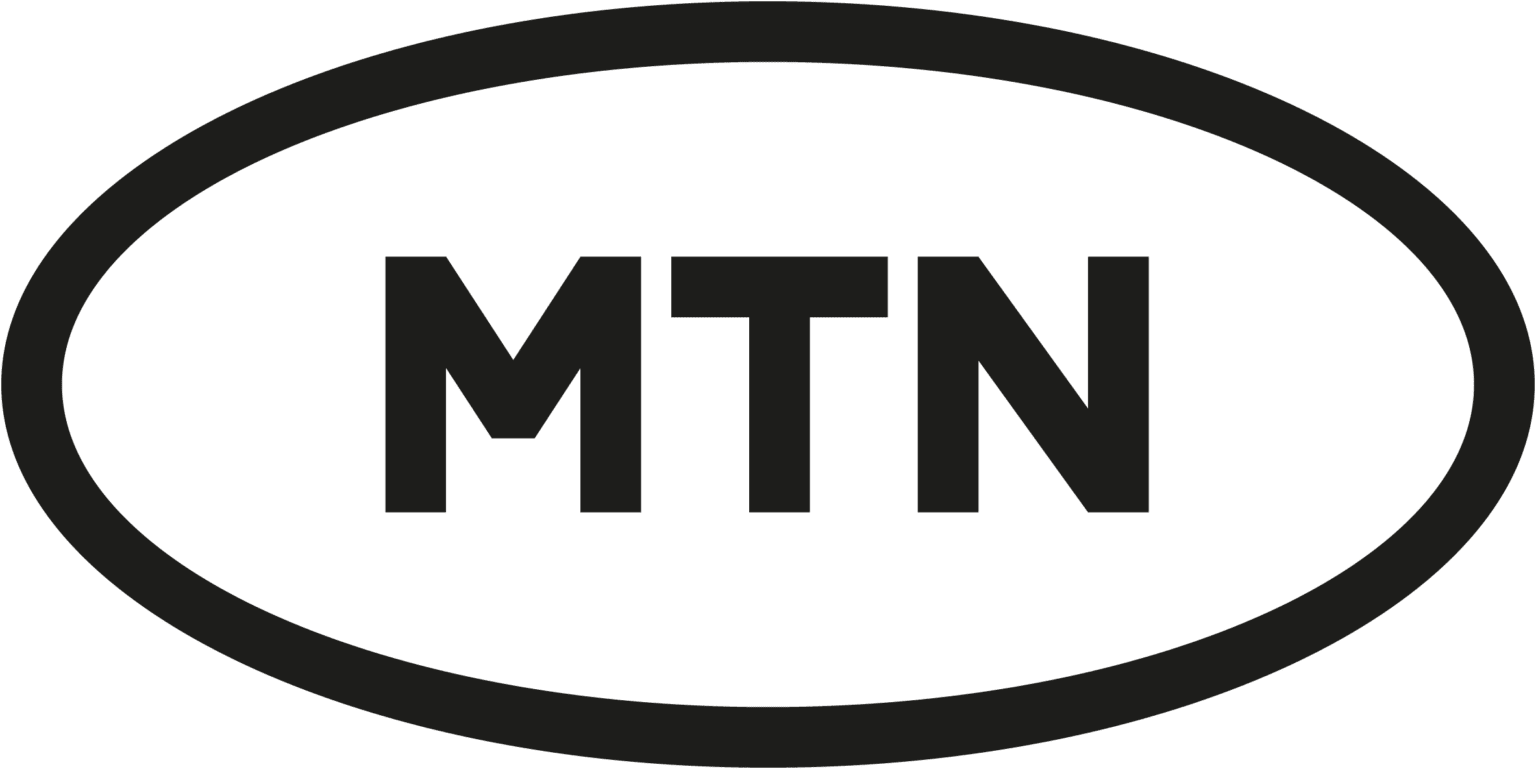41. the Market Doctor Project
The MTNF-Market Doctor Project sought to improve access to primary healthcare for mothers, women, and young children, while minimising disruption to their socioeconomic activities. Piloted in Lagos and Rivers States, the initiative aimed to strengthen the foundation’s efforts to reduce maternal and infant mortality
in Nigeria. The project’s effective outreach led to its merger with the Y’ello Doctor Mobile Medical Intervention, making it the implementing partner for the latter programme.

Foundation Portfolio:
National Priority
Project Partner:
State Governments.
Location:
Major markets in Lagos and Rivers States.
Implementation Period:
2018
Impact:
40, 000 Nigerians, by providing medical services and information to them in major markets in Rivers and Lagos State (New Layout market Borokiri, Rumuwoji market (Mile 1 Ultra-Modern Market, Oyigbo Main market, Folashade Tinubu-Ojo (FTO) Ebute-Ero Market Gorodom Lagos, e.t.c)
Expenditure to date:
N55,912,257
![]()
United Nations Sustainability Goals Alignment:
This project aligned with SDG 3, 10 and 17
42. the ICT and Business Skills Training for Youth
The MTNF ICT and Business Skills Training for Youth builds the capacity of youth between theages of 18 to 35 enhancing their employability and entrepreneurial ability. The training ensures that small businesses can leverage various ICTbased skills and function in today’s digital world.

Foundation Portfolio:
Youth Development
Project Partner:
Google, Meta, Microsoft, National Office for Technology Acquisition and Promotion (NOTAP)
Location:
23 States of the Federation: Abia, Adamawa, Akwa-Ibom, Anambra, Borno, Cross River, Ebonyi, Edo, Ekiti, Enugu, Imo, Jigawa, Kaduna, Kano, Katsina, Kebbi, Kogi, Lagos, Nasarawa, Niger, Oyo, Rivers and Yobe states.
Implementation Period:
2018 – to date.
Impact:
9,384 youths impacted across Abia, Akwa Ibom, Borno, Kaduna, Katsina, Ekiti, Edo, Ondo, Ogun, Lagos, Nasarawa,Taraba, Adamawa, Anambra, Cross River, Jigawa, Kogi, FCT, Ebonyi, Kebbi, Niger, Yobe, Oyo, Kano, Imo, and Rivers State.
Expenditure to date:
N336,656,279
![]()
United Nations Sustainability Goals Alignment:
This project aligned with SDG 1, 4, 9 and 17
43. the MTNF Arts and Culture Life In My City Art Festival)
The MTNF Arts and Culture (Life In My City Art Festival) Initiative seeks to support artistic and cultural expression in Nigerian youth and skills professionals. LIMCAF is an annual visual arts festival established in 2007 to promote the advancement of youth in Nigeria’s visual arts industry. The festival targets young artists from across Africa and hosts regional exhibitions in 13 cities throughout Nigeria, including Anambra, Auchi, Abuja, Kaduna, Lagos, Ogun, Ondo, Ibadan, Imo, Uyo, Enugu, Port Harcourt, and Taraba. By providing these platforms, LIMCAF helps Nigerian arts professionals create wealth both nationally and internationally.

Foundation Portfolio:
Youth Development
Project Partner:
Life in My City Arts Festival (LIMCAF)
Location:
Across all the States in Nigeria. However, the regional exhibitions take place in 13 cities in Nigeria: Anambra,
Auchi, Abuja, Kaduna, Lagos, Ogun, Ondo, Ibadan, Imo, Uyo, Enugu, Port Harcourt, and Taraba.
Implementation Period:
2018 – to date.
Impact:
Impacted more than a 100 artist from all the States in the country every year. Thus an estimated 1,800 individuals have been impacted.
Expenditure to date:
N12,000,000
![]()
United Nations Sustainability Goals Alignment:
This project aligned with SDG 8, 9 and 17
44. the Digital Mobile Library
This creation of a Digital Mobile Library App was aimed at facilitating connected and collaborative learning in tertiary institutions across Nigeria by providing access to free academic content for the learning community from any network.
![]()
Foundation Portfolio:
Youth Development
Project Partner:
SoftCom Ltd.
Location:
Nationwide, open to students and lecturers in tertiary institutions
Implementation Period:
2018 – 2020
Impact:
2,411 users
Expenditure to date:
N214,040,000
![]()
United Nations Sustainability Goals Alignment:
This project aligned with SDG 4, 13 and 17
